Film adaptation has given rise to some of the most extraordinary works in the history of cinema. From The Godfather to Little Women to One Flew Over the Cuckoo’s Nest, adaptations have been making their mark on movie-goers for decades. But what exactly is a film adaptation and how does it differ from its literary source? Why do filmmakers love the adaptation so much?
What is a Film Adaptation in Cinema?
First, let’s define film adaptation
The adaptation has been around in cinema for quite some time and is only getting more and more prevalent. It’s important to understand the difference between an adaptation and original work. This all starts with the definition.
FILM ADAPTATION DEFINITION
What is a film adaptation in cinema?
Film adaptation refers to the process of translating a story or literary work into a cinematic production. This could involve adapting a novel, play, comic book or even a video game into a film.
The key difference between an adaptation in film and an original screenplay is that the former is based on existing material while the latter is created from scratch. However, this does not mean that the process of adapting a story into film is any less complex or creative.
Famous film adaptation examples
- No Country for Old Men
- Nomadland
- Drive My Car
- The Lord of the Rings Trilogy
Process of Cinematic Adaptation
Understanding the Process
Adapting a story into film involves a careful balance between staying true to the source material and making necessary changes to suit the medium of cinema. This often requires collaboration between the screenwriter, director, producers, and other members of the film crew.
Analyzing the Source Material
Adaptation starts by thoroughly analyzing the source material. This means diving into the details of the narrative, uncovering the core themes, and carefully examining character development and plot progression.
These essential elements form the foundation for crafting an adaptation that respects and honors the original work. So, by understanding and respecting the source material, we can create a thoughtful and faithful rendition that captivates and engages the audience.
Making Decisions
Throughout the process, we carefully consider which aspects to include, exclude, or modify to enhance the storytelling experience. We make decisions like adjusting the timeline, combining or removing characters, and tweaking plot elements to ensure a cohesive and captivating narrative. Each element is meticulously assessed to create a well-crafted and engaging story that captivates the audience.
For example, in No Country for Old Men, Joel Coen speaks of the character and antagonist Anton Chigurgh as having almost no physical descriptions in the novel by iconic writer Cormac McCarthy. Thus, the film adaptation required specific character choices that we dive into in this character analysis video.
Anton Chigurh Character Analysis • Subscribe on YouTube
Creative Interpretation
One of the most important aspects of film adaptation is the creative interpretation of the source material. Filmmakers have the freedom to add their own style and flair to the story while still capturing its essence.
Related Posts
Genres of Movie Adaptations
Types of Film Adaptations
Novels, comic books, plays, and video games are among the most frequently adapted sources. These different sources often inform the tone and style of the film adaptation while also being heavily influenced by the director’s vision.
Novel to Film Adaptations
Adapting novels into films is a widely popular form of adaptation. It gives us the opportunity to witness our favorite characters and stories come to life on the big screen.
Take, for instance, the successful adaptation of Gillian Flynn's Gone Girl. Directed by David Fincher, the film not only captured the gripping atmosphere of the book but also added its own distinctive flair to the narrative.
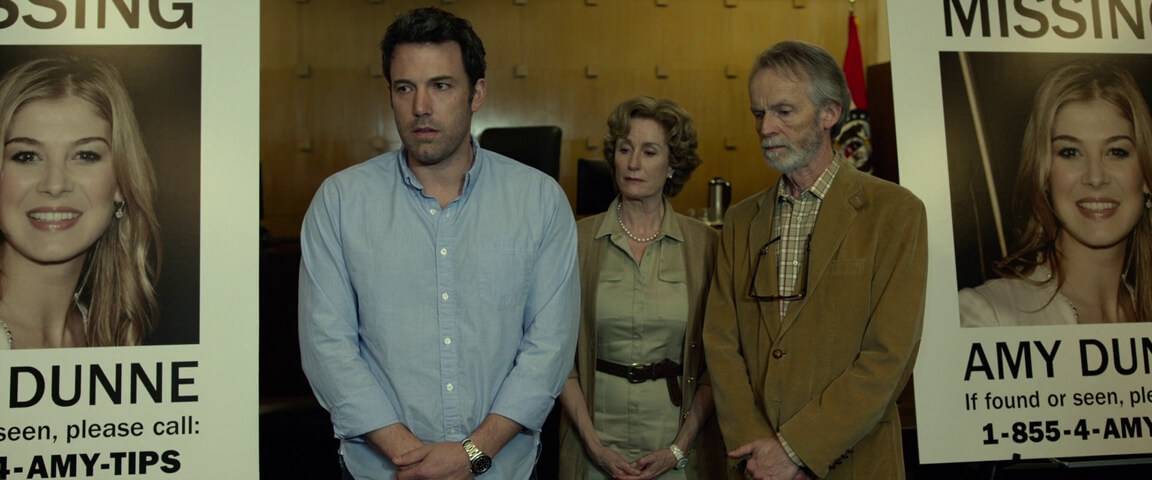
Gone Girl by David Fincher
Comic Book to Film Adaptations
Comic book-to-film adaptations have become increasingly popular in recent years, thanks to the massive success of superhero movies from the Marvel Cinematic Universe and DC Universe.
An example of this is the iconic movie The Dark Knight directed by Christopher Nolan. This movie skillfully captures the intricate and darker aspects of Batman's character, all while delivering an immersive and action-packed cinematic experience.
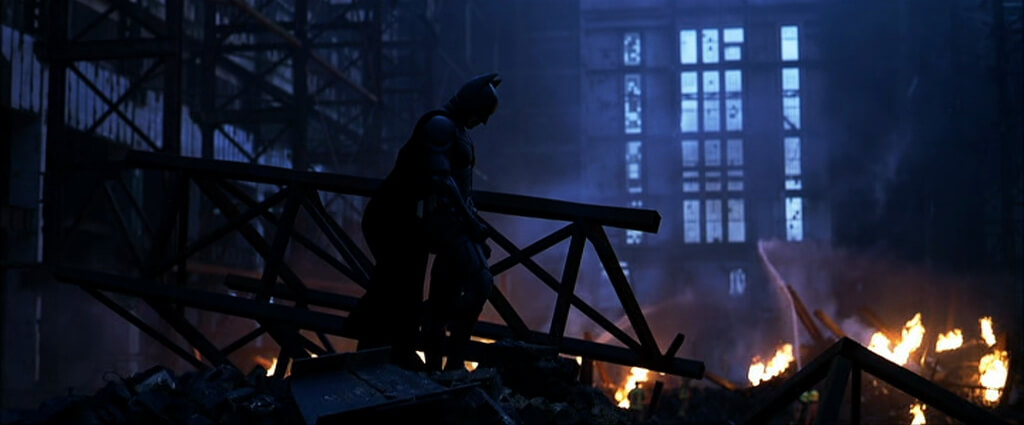
The Dark Knight
Play to Film Adaptations
Play-to-film adaptations may not be as common as other types, but they can still be successful when done right.
One example of a successful play-to-film adaptation is Fences directed by Denzel Washington. The film was able to bring August Wilson's iconic characters to life on the big screen and also captured the powerful and emotional storytelling of the play.
Fences · I Ain’t Got to Like You
Video Game to Film Adaptations
Video game to film adaptations have had a mixed history with some being successful and others failing to meet expectations.
One example of a successful video game to film adaptation is Mortal Kombat directed by Paul W.S. Anderson. The film was able to capture the intense action and martial arts of the video game while also creating an engaging plot for the movie.
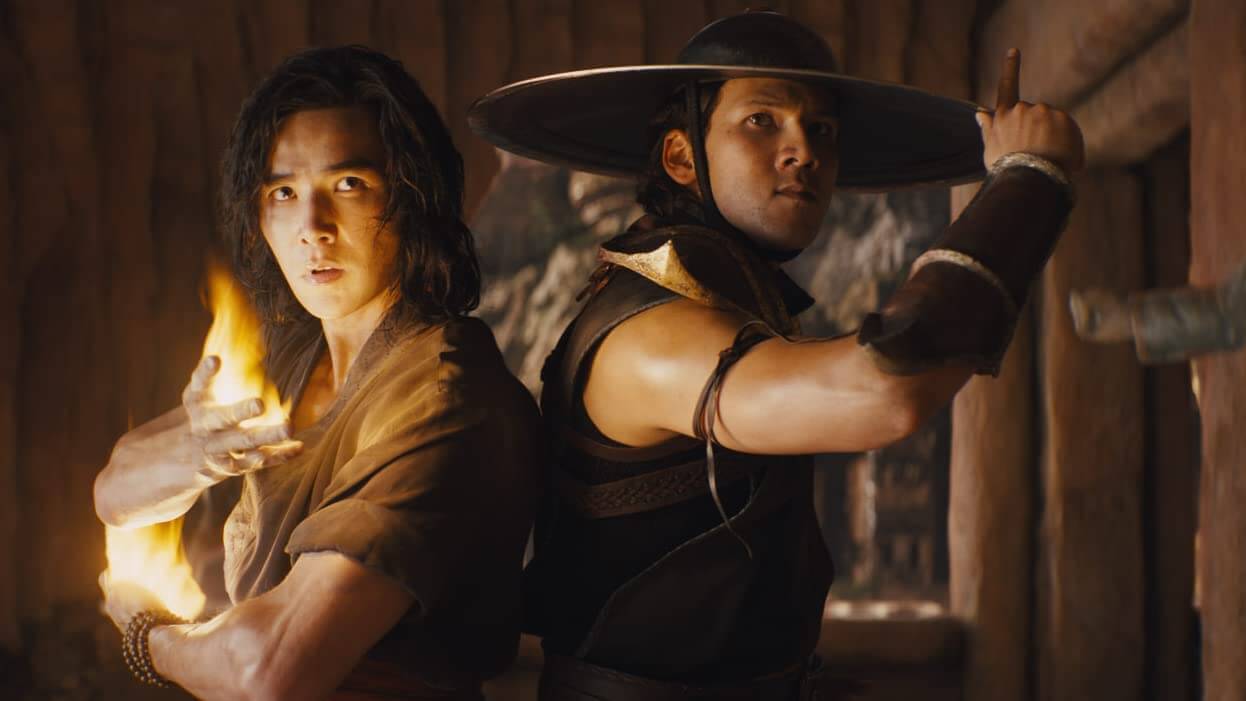
Mortal Kombat
It's worth noting that film adaptations have the potential to breathe life into cherished stories and characters, transporting them onto the grand stage of the silver screen. Although not every adaptation hits the mark, when executed skillfully, they have the ability to create unforgettable and captivating movies.
What Makes a Good Film Adaptation?
Challenges and Controversies
An adaptation is a translation, and like any translation, it can be done well or poorly. While film adaptations can be a great way to bring beloved stories to life on the big screen, they also come with their own set of challenges.
Balancing the Needs of the Book and the Needs of the Movie
When adapting a book into a movie, it's important to balance the needs of the original story with the needs of the movie medium. This means making changes to the story and characters to better fit the visual medium while still remaining true to the spirit of the original work.
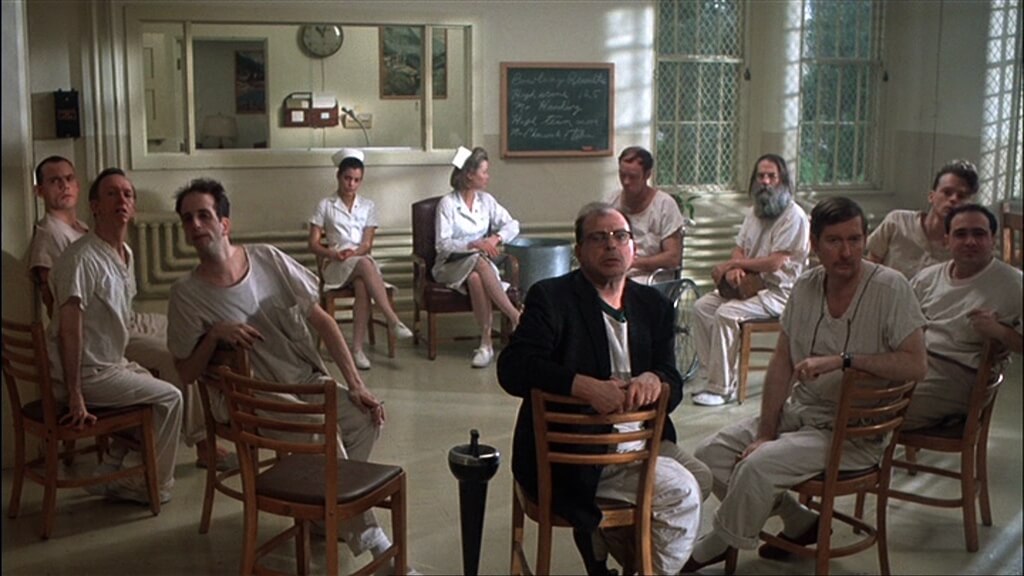
One Flew Over the Cuckoo's Nest
Choosing What to Include and What to Leave Out
Another challenge of film adaptation is deciding what elements of the original story to include in the movie and what to leave out. In many cases, entire subplots and characters must be cut for the sake of time or to better fit the structure of a movie. This can be a difficult decision, especially for fans of the original work who may be disappointed to see their favorite parts of the story left out.
Dealing with Fan Expectations
Perhaps the biggest challenge of movie adaptations is dealing with the expectations of fans of the original work. Fans often have strong opinions about how their favorite stories should be adapted, and any changes or deviations from the source material can be met with backlash.
This can make it difficult for filmmakers to balance the needs of the story with the wants of the fans. This is especially true when it comes to mediums with cult followings such as comic books and video games.
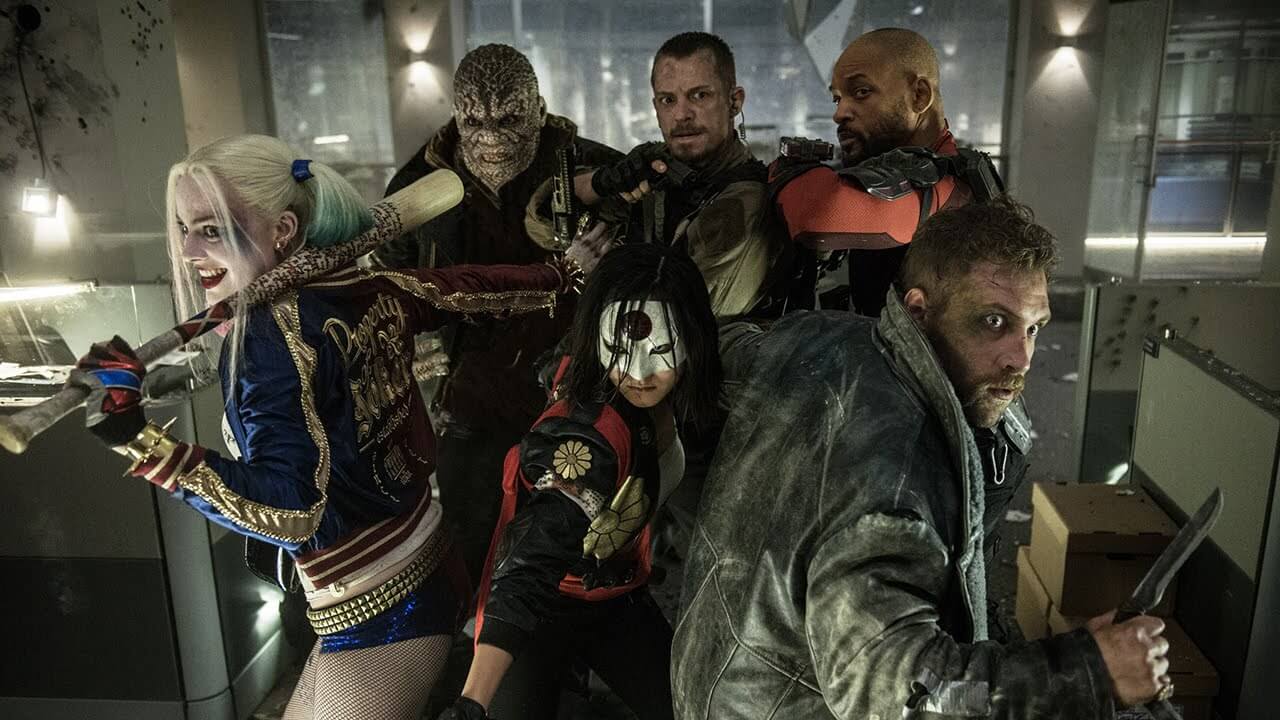
Suicide Squad
Adapting a film from a book is no easy task. Filmmakers face the challenge of striking the right balance between staying true to the original work, catering to the demands of the movie medium, and meeting the expectations of fans. At the heart of every great adaptation is a director who understands the heart of the story they are telling.
Up Next
Best Adapted Screenplay Oscar Winners
As we delve further into the world of film adaptations, let's now explore some of the best examples from the Adapted Screenplay Oscar category.
Up Next: Best Adapted Screenplay Oscar Winners →
Showcase your vision with elegant shot lists and storyboards.
Create robust and customizable shot lists. Upload images to make storyboards and slideshows.
